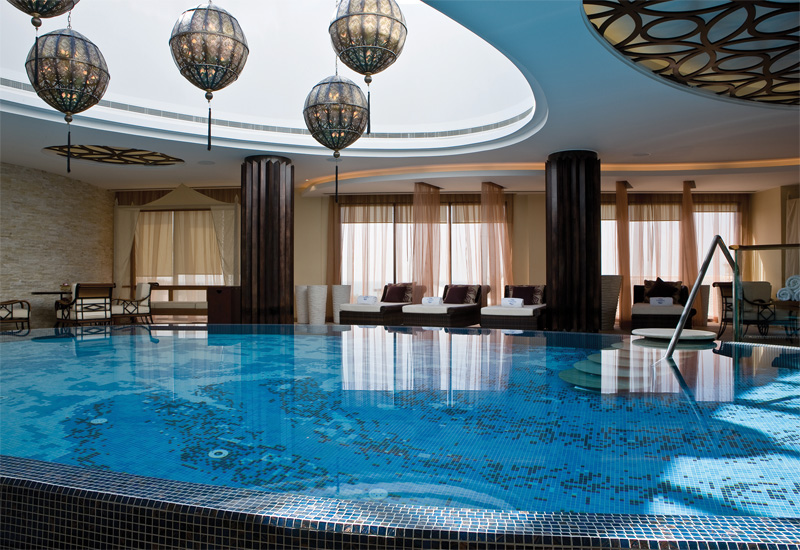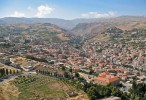The first Thalassa Sea & Spa from Accor is now open in the Middle East at Sofitel Bahrain Zallaq, finally introducing thalassotherapy to the GCC market
In the spa world, consumers are increasingly looking for treatments which produce real results, rather than a feel-good glow. From slimming to anti-ageing, firming to rejuvenating, treatments need to have an impact on the client’s overall wellbeing.
But, at the same time, spa savvy consumers are shying away from invasive therapies — technology has its place but for many, the use of organic or natural ingredients is more important.

| Advertisement |
One spa therapy that relies upon natural products but promises all-round improvements in physical and mental health is thalassotherapy — a range of treatments that harness the qualities of sea water and sea plants to treat a variety of skin and muscular complaints, as well as relax, soothe and regenerate.
Thalassotherapy originated in France in the 1950s, when a Tour de France cyclist discovered the benefits of warm sea water for his circulation, joints and muscles and set up the first “thalassa hotel” for medical reasons, over the years evolving the spa and hospitality aspects as customer demands increased.
Fast forward to the 21st century and add the global network of French hotel giant Accor, which acquired the Thalassa brand name and now operates a range of Thalassa Sea & Spa products alongside its Sofitel hotel brand.
The first Thalassa Sea & Spa is up and running in the Middle East, at Sofitel Bahrain Zallaq, the resort that opened days after the initial unrest in Bahrain on Feb 14 last year.
It is the first thalassotherapy facility in the GCC and hotel general manager Bert Plas is keen to begin educating the region on its powerful health benefits and spa treatments.
“The thalassa treatments are based on seawater,” says Plas. “Thalassa needs to be located by the sea, we pump fresh seawater from the sea, we filter this, we heat this up to about 32°C and then we give treatments with that.
“Sea water has been proven to have the same content of minerals that your body needs,” explains Plas. “If you heat up the sea water, it will open the pores of your skin, the skin will absorb the minerals — that’s the reason seaweed is so good for you; it absorbs the minerals of the sea and it’s concentrated.”
However, he acknowledges that it will take time to educate the market, with the hotel’s main guest base coming from Kuwait and Saudi Arabia, unfamiliar with thalassotherapy, often misconceived as some brash spa operator shooting jets of water at an unsuspecting spa-goer.
“We are the first Thalassa in the Middle East so the concept is not known in the Middle East so this is a slow process. First you have to create awareness," says Plas
Article continues on next page ...









 Search our database of more than 2,700 industry companies
Search our database of more than 2,700 industry companies









